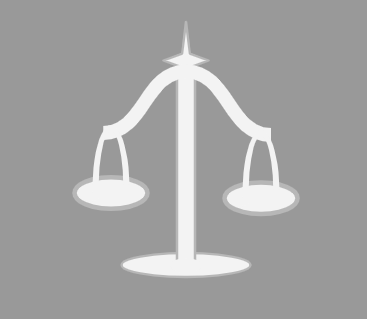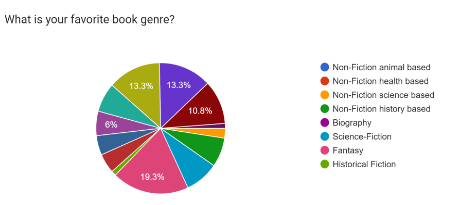In an age where digital files and streaming dominate, the physical book has become a paradoxical symbol of permanence and nostalgia. For some, collecting books is a practical pursuit—curating resources for future study or professional use. For others, it’s a deeply emotional act, tied to memory and identity.
Book collecting isn’t just about possession; it’s about the relationship between the collector and the ideas within the pages. A collector’s shelves often mirror their journey through life, reflecting phases of curiosity, ambition, and introspection. It’s a practice that blends the personal with the philosophical.
“My book collection I hold very dearly. I have books from when I was very little as well as books I have been gifted. My books hold memories of people I have lost and those who I still have.” says Jordyn White, a freshman.
This connection can manifest in surprising ways. Many collectors admit to owning books they’ve never read, but the presence of those books carries its own meaning. The Japanese concept of tsundoku—the accumulation of unread books—frames this as an act of potential rather than waste.
The trend also raises questions about the role of materiality in an increasingly digital world. While e-books offer convenience, they lack the tactile and visual presence of physical books, which often evoke a sense of intimacy and permanence. However, for those seeking to address the “hoard” of books they may have, e-books offer a solution.
“E-books are great for people that have issues getting rid of things and hoarding things because it gives them a way to be organized with their books.” says freshman Sam Hackett.
For many collectors, their shelves are more than storage spaces; they’re maps of intellectual exploration. In a world where ideas can be fleeting, book collecting remains a testament to the enduring value of thought.











